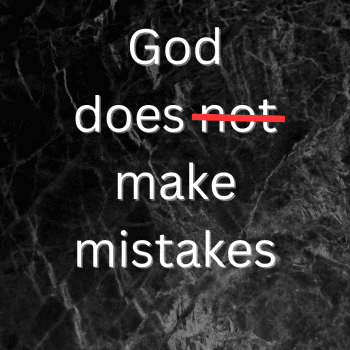
I used to walk to the pulpit and exclaim “I have nothing of value to say that is not contained in this book” as I held up my copy of the Bible. Over the years, my views about the Jewish and Christian scriptures changed, and they continues to evolve.
For the most part, most major religions pluck their scriptures from a certain time in history or a certain person, and the rest of us are left to wrestle with the interpretation forever. I will focus today on the Christian scriptures, the Bible, because that is my origin.
As our views change on relevant issues and doctrines, we adjust our assessment of the source document. I think many of us would like to believe that scriptures told us what to believe, but most often our views change and then we assess scripture differently to match with our belief and knowing.
I don’t want to hurt anyone’s feelings, but for the most part, the reason we need seminary degrees (and I have one), is because it takes a lot of mental gymnastics to retrofit our ideas and beliefs to the Bible, an ancient book that was compiled 300 years after the Central event it describes, and only contains a small sample of the literature of that day.
I stand on the precipice of a desire to just walk away from the Bible. I feel like the main takeaways are: love your neighbor, do into others, and be kind, compassionate and loving. We could teach that in a one afternoon setting and dismiss the rest of it as inspired, but not actually necessary for everyday life. We’ve been arguing about it’s interpretation for two thousand years and were more divided than ever.
Most of us are discovering an inner knowing that seems to be more reliable. Intuition can help us piece together the harder things of life. The Bible would be a much more useful tool if we considered it as a resource instead of THE answer.
There’s a hermeneutical principle “if the plain sense makes sense, seek no other sense.” But the trouble is The Bible has never really made sense. If it was clear and sensicle, we would have all united 1700 years ago when some guys put the Bible together.
It’s time to move on from our idol worship and the need to retrofit all our assumptions onto an ancient book. We can’t keep trying to be “biblical” when most issues have several different representations in the Bible.
We can’t keep claiming that this ancient book is the word of God. If it were the Word of God, and God is perfect, then his book should be better. It shouldn’t contradict itself and it should be clearer on most of the issues that are important to us. I’ve noticed that the people that claim that it is clear, are the same ones with the most deranged assumptions about how to apply it.
Traditionally, Christianity and Bible fans have taken credit for things that were true whether we have a Bible or not. As we discover more about trauma and mental health, we realized there are some simple practices like listening and being present with our trauma, that really do heal us. But when we try to retrofit this back to the Bible, and give the Bible credit, we live disingenuously.
The people who wrote the Bible, were generally confused most of the time. If the gospels were written by Jesus actual disciples, then it is important to remember that Jesus scolded them often for not understanding what he was saying. “You just don’t get it,” should be the clue that people are not necessarily wise or intuitive just because they were near a situation or a person.
I’ve been trying to access more spiritual literature, inside and outside of Christianity. When I study other modalities and thought processes and religions and holy books, what I find is not a single answer only contained in one of the books. What I find most are the commonalities that help me understand.
It helps me greatly to realize that fallible people recorded their assumptions and guesses and sometimes they realize very significant things, like how important compassion is and what really leads to healing.
I would like to see us spend the next 2000 years, out here in the desert, discovering. Discovering what? Discovering everything?
In 7 years of my Deconstruction and evolution, I have discovered so much about true healing and what is most important. A few things were confirmed from my Christian upbringing, but many of my beliefs were refined and found lacking.
The Bible is very simply part of man’s struggle to understand mystery and the supernatural. It’s one of the ancient books, written by man, as they tried to understand their existence.
Idols are hard to relinquish, but consider these things:
– Jesus never said to write his story
– The Bible never condemns slavery
– The Bible is so unclear on many things like war, murder, genocide and rape, it’s hard to consider it reliable
– If there is an anthropomorphic god that wants to communicate with us, shouldn’t that God have done a better job writing its book.
– The Bible is not trustworthy if it contradicts itself.
– The word Logos involves logic and reason–most of the Bible is not that
I understand when people want to cling to the Bible because they associate it with a certain time of healing in their life. I understand this, but I encourage everyone to keep it in perspective. It was probably other factors that helped you heal like community, authenticity, presence and good listeners. You might have given the Bible too much credit.
At one point, I considered my dad to be the center of my world. Later in life, I came to understand that he had some flaws. Through experience and developing wisdom and intuition, I was able to adjust my view of my father to a logical and reasonable narrative. We must do that with our view of God/god and the Bible.
I don’t want us to spend another 2000 years discussing theism or even atheism. It’s time to move forward and I’m ready for it!
Be where you are,
Be who you are,
Karl Forehand
Photo by Pixabay: https://www.pexels.com/photo/bible-black-and-white-book-close-up-267549/













